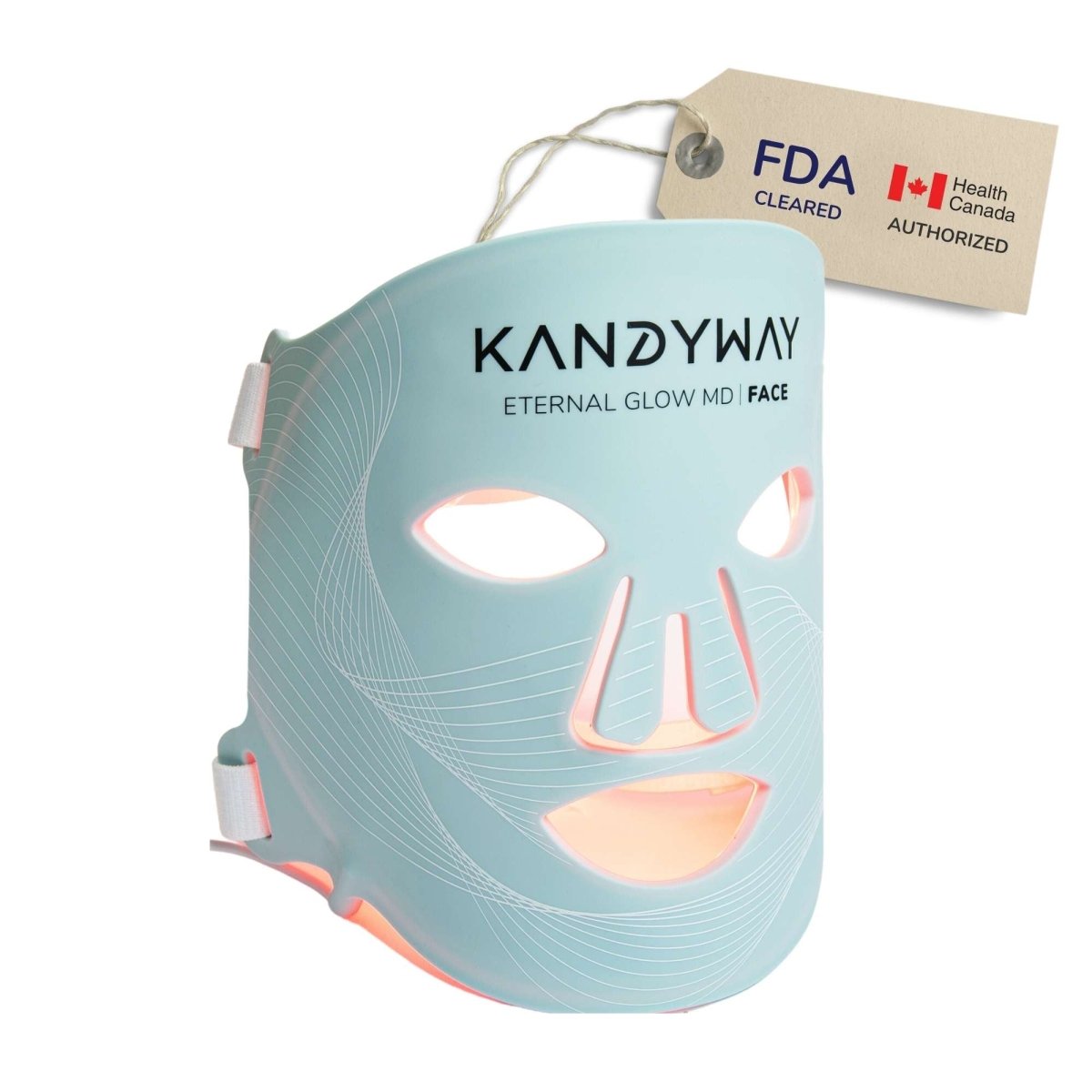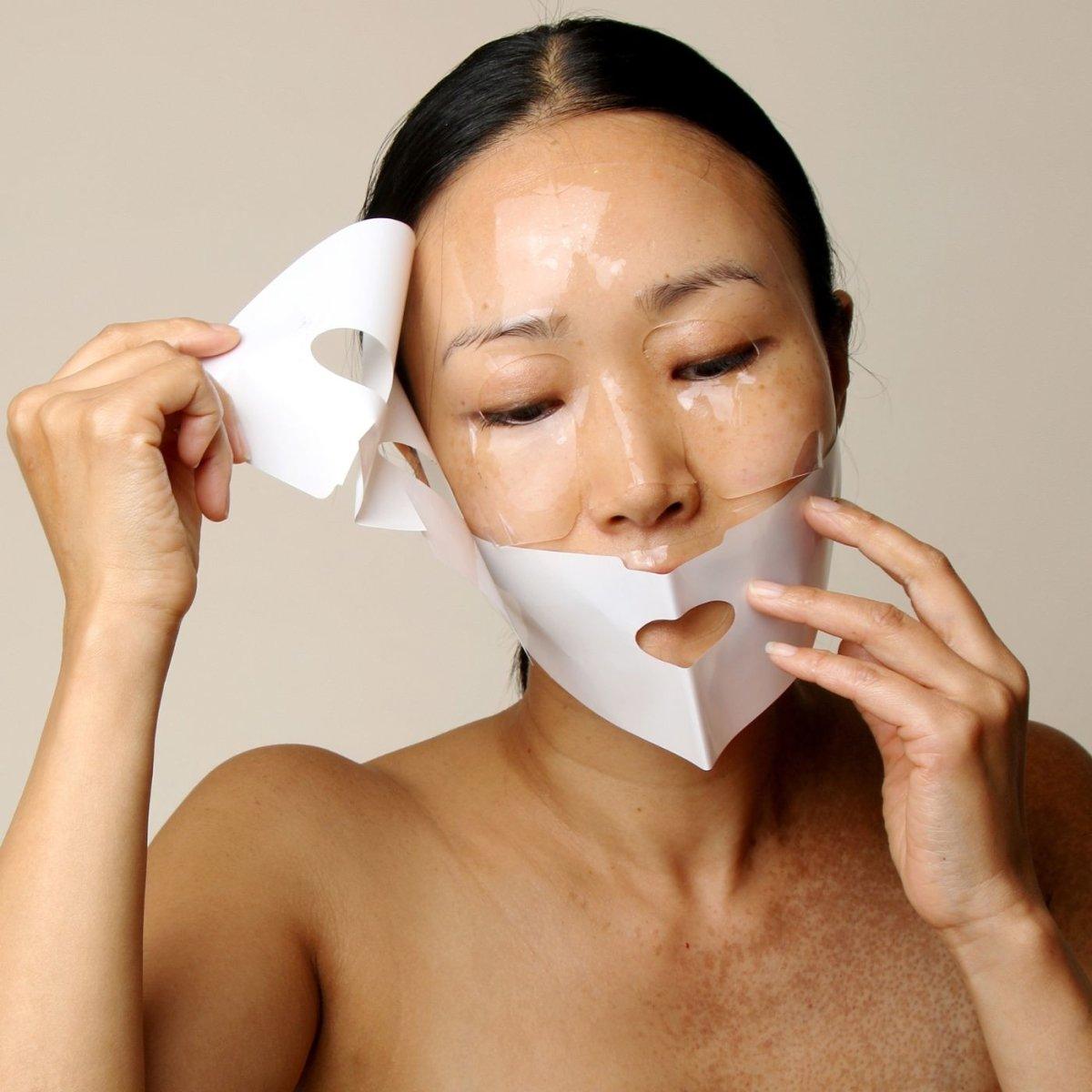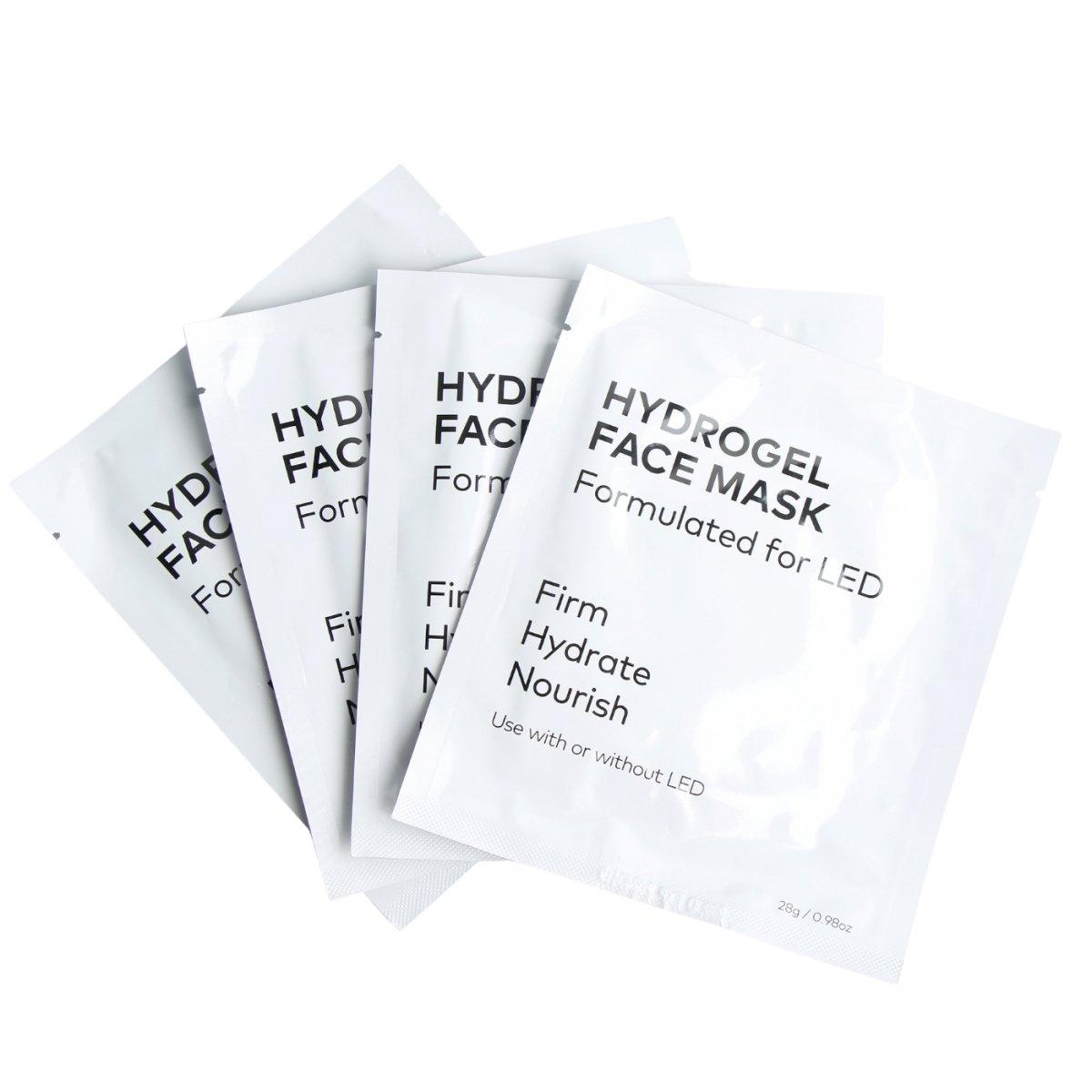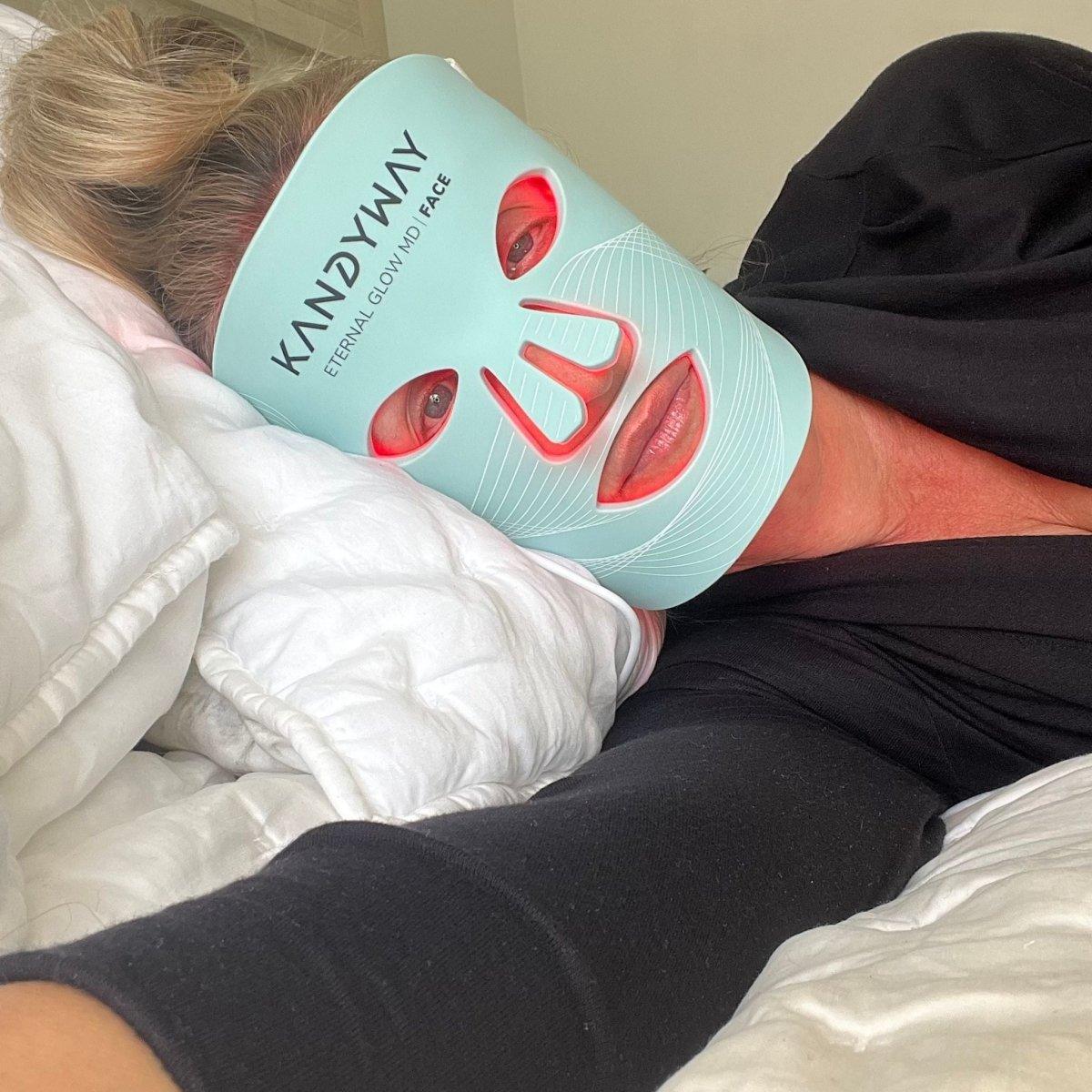Stress suppresses your immune system and produces rashes, hives, and redness

Stress can cause your immune system to be compromised, making you more likely to develop infections. Stress also causes the skin to react more efficiently to irritants and allergens, which can trigger rashes, hives, and redness on the skin. In addition, stress can make your skin more sensitive by making it itchy or dry.
Cortisol causes your skin glands to overproduce sebum, causing acne

Stress can cause acne breakouts. This is because the stress hormone cortisol causes an overproduction of sebum (oil) in your skin glands, which clogs pores and leads to pimples.
So what is the connection between stress and acne? When stressed out, your body releases more of the stress hormone cortisol. Cortisol increases sebum production—a type of oil that coats our skin to keep it soft and lubricated. Sebum is an oily substance that gets trapped beneath the skin's surface, causing clogged pores and resulting in pimples forming on top of them.
The connection between acne breakouts and stress goes beyond just increasing cortisol levels; there's also evidence showing that chronic stress can contribute to hormonal imbalances known to trigger acne breakouts.
This is because stress activates your body's sympathetic nervous system, which causes changes in hormone levels. The most common hormones involved are testosterone and estrogen. Testosterone is essential for sebum production, while estrogen regulates oil production in your skin. So when you're stressed out, testosterone levels rise and estrogen levels drop—leading to an imbalance that can cause acne breakouts.
People with pre-existing medical issues must pay special care to their skin under stress

If you have a pre-existing medical condition, you must be extra vigilant about your skin when you're under stress. For example, people with eczema and psoriasis should take extra care of their skin while stressed. Stress can aggravate these conditions and make symptoms worse.
If you have a chronic condition like psoriasis or eczema, remember that stress also affects blood sugar levels and insulin production. This can make the severity of symptoms even worse than average.
Stress can influence your skin over time, even if you don't observe immediate changes

Stress can cause many issues within your body—including problems with your skin. Stress causes reactions from the sympathetic nervous system that increase the production of cortisol and adrenaline. These hormones are released when we're under pressure or anxious, which is why they're known as "stress" hormones. High levels of these hormones can increase oil production at the surface layer of the skin (the stratum corneum). As a result, you might notice acne breakouts when experiencing high-stress levels.
When dealing with stress on a day-to-day basis over long periods, it's essential to take steps toward reducing its effect on your body.
Tips to Keep Your Skin (and Your Mind) Stress-Free

Here are a few tips to help you keep your skin stress free:
- Eat healthy, exercise, and get enough sleep.
- Don't smoke.
- Avoid alcohol and caffeine.
- Take a break from technology now and then (like the time you have right now). You can even set the alarm on your phone to remind yourself to get up and move around every so often if you need some extra motivation.
- Try meditation or yoga! These practices are proven to reduce stress levels by lowering cortisol levels in the body — which is exactly what we're trying to do here when it comes down to it.
- Talk with someone you trust about how stressed out you feel.
Eating right, exercising, and sleeping enough maintain healthy stress hormones and skin

To help keep stress hormones in check, you should eat well, exercise regularly, and get enough sleep. Smoking and alcohol are also bad for your skin. It would help if you also avoid stress whenever possible.
When it comes to taking care of your skin,
- Wash with a gentle soap or cleanser twice daily (morning and evening). Be sure to rinse thoroughly to remove all traces of cleanser from your face before applying any other products.
- Use a mild toner after washing your face if desired; apply gently using cotton pads or swabs dipped in the liquid formula of choice. The purpose of toners is to balance pH levels after cleansing. Still, they can also be used as an acne treatment by helping absorb excess oil off the skin's surface without drying it out too much—which is why most people prefer using them over regular astringents.* Apply moisturizer after cleansing and toning if needed; opt for light creams instead of heavier ones like Vaseline because they tend not to clog pores as much (but make sure not to apply more than necessary so as not to cause any irritation).
Conclusion
We hope that you'll take these tips to heart and apply them in your daily life. Remember, the effects of stress on your skin can be mitigated with a few simple lifestyle changes. You don't have to wait until the next time you feel stressed out before taking care of yourself—you can start today! The more time you spend relaxing or sleeping, the better off you'll be in terms of both physical and mental well-being.










